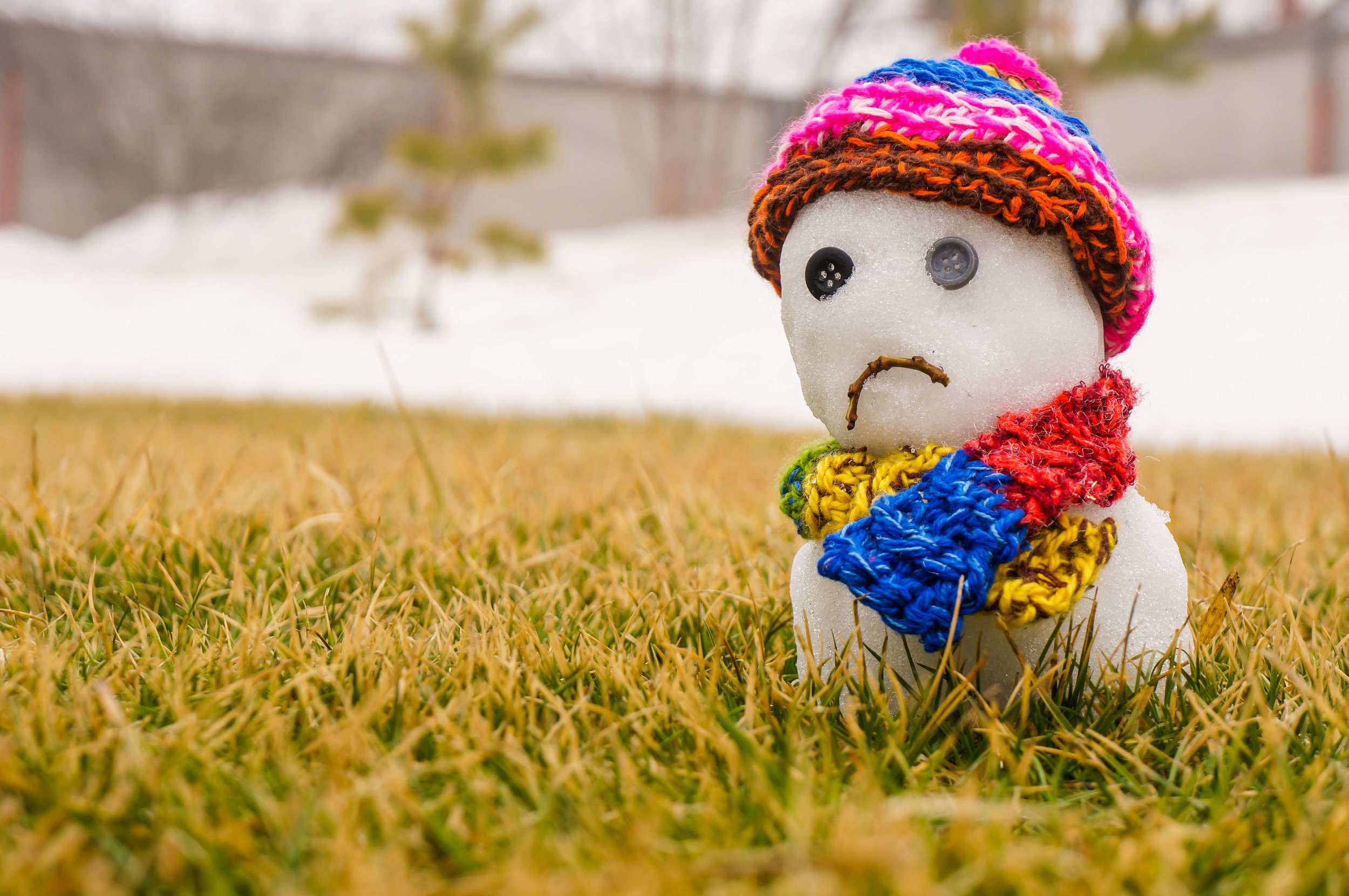Coping With Grief in the Wintertime: Some Ways Harder, Some Ways Easier
7 Minute Read
Wintertime Grief — Is it Harder?
Here we are. The start of the new year, and we’re also settling into wintertime. Some already feel the winter “blahs and blues.”
Here’s what I start to see right about now in my grief counseling practice:
Some clients say, “OH, it’s so hard to be grieving in the wintertime.” It’s dark and dreary, often compounded by bad weather, making it harder to get motivated, to get out of bed, to have the energy to be productive, exercise or tackle a to-do list.
Some clients say, “OH, it’s a little easier to be grieving in the wintertime.” It’s easier to “hibernate” and “be alone” in the winter when other people too are spending more indoors than outdoors.
Grievers don’t feel they are expected to be as joyful as they might have to feel in the summertime when their friends and family are going to the beach, having barbecues, taking weekend getaways and playing outdoor sports.
Whichever way you look at it, grief is hard in ALL FOUR SEASONS. But, for sure, grief in the wintertime is challenging.
Why is Wintertime Hard for Grievers
In this blog post, I’m giving you lots of thoughts, ideas, and tips, to help you understand and cope with grief in winter, and ultimately, to make your way through the season.
The experts at whatsyourgrief.com (a website I HIGHLY recommend) give 8 reasons for wintertime being the worst for grievers.
1. Lack of sunlight. This leads to a lack of vitamin D and a drop in the neurotransmitter serotonin. Leaves you tired and “blue” and maybe even irritable.
2. Cabin Fever. Too much time spent indoors can lead to restlessness, depression, and irritability and too much time inside spend thinking difficult thoughts and emotions with little relief from it.
3. Social Isolations. If you’re already prone towards isolating yourself while grieving, you’ll be more prone to isolate during bad weather and shorter days. Being alone too much can impact negatively on your physical and emotional health.
4. Not moving enough. Even a small amount of physical movement can boost your emotional and physical health. In the winter, people are less inclined to do so given the bad weather, and poor road conditions. That’s when it’s even more important to try to join a gym or exercise with a YouTube video at home, just to move around even a little.
5. Poor eating. Yes, grief often equals comfort food. And it’s known that in the wintertime, people indulge in food more. Be careful to not give yourself too much permission to overindulge during grief periods.
6. It’s cold.
7. You’re sad. Winter starts with holidays that grievers find sad, nostalgic and is closely followed by the winter blues (blahs) with a whole lot of cold, dark weeks ahead.
8. You’re experiencing SAD. Seasonal Affective Disorder affects some more than others. It is a subtype of major depression and the symptoms occur in fall and early Winter and recede during the Spring. Having the SAD disorder naturally can complicate the griever’s ability to cope during the winter months.
Note To Readers: Here is a book I HIGHLY recommend. It’s called WINTERING by Katherine May. I promise you that you will find it a comforting and valuable read, which will honor your desire and your need to rest as you grieve this winter, and help prepare you for a more resilient time ahead.
If winter is one of the hardest grieving periods for you, it’s worth trying a few of these tips:
Make sure to go outside once a day, even if only for 20 minutes or so. Fresh air and a change of scenery are helpful.
If you’re up to it and have indoor time to fill, try something productive like organizing a drawer, compiling a photo album, or organizing paperwork files. You’ll feel productive and accomplish a lot.
If you have children that are grieving too, play games this winter. Board games, or dollhouse or Doctor … allow kids to act out their feelings in a helpful way. Or, work with the kids to make memory boxes, or dreamcatchers or masks, to encourage talking about their loved ones and their own grief.
Watch funny movies. Laughter is the best medicine. And it can turn your head from heavy to lighter.
If winter really gets you down, buy a lightbox to help with Seasonal Affective Disorder
Sign up for an online class (check out whatsyourgrief.com for some good classes online).
Try to schedule regular get-togethers with friends for coffee or a meal. Just try. It will probably be very enjoyable.
Spend some time learning to cook healthy meals, to learn something new, and keep your eating on track.
Open your blinds during the day to let the light in, even if minimal.
Keep to a good sleep routine, going to bed and getting up at the same time each day. It might prevent you from “sleeping in” too much.
GIVE YOURSELF A BREAK. It’s winter and winter will turn into Spring. And you will go from surviving to thriving. If you are not productive one day, you have another chance to try again the next day.
And, here is a link to an article from the website www.griefincommon.com about grief and comfort.
As always, if you are having trouble coping with your grief (in any season), download this resource guide to learn how you might benefit from grief counseling.




